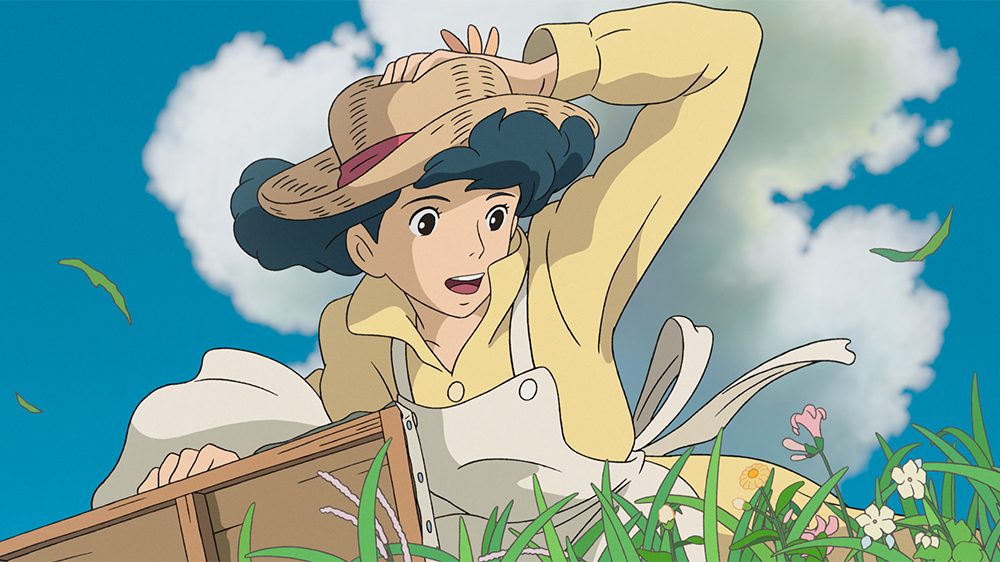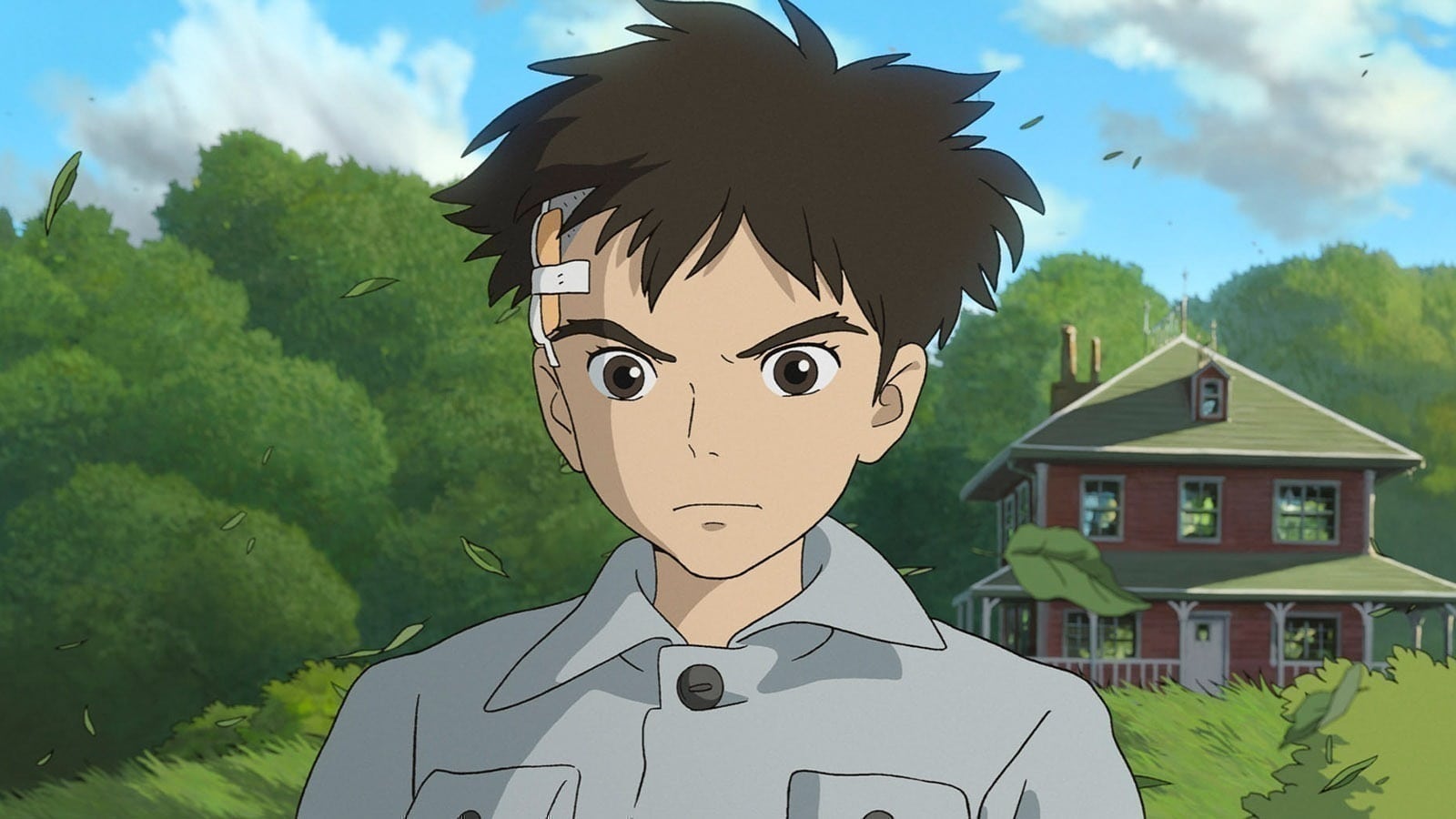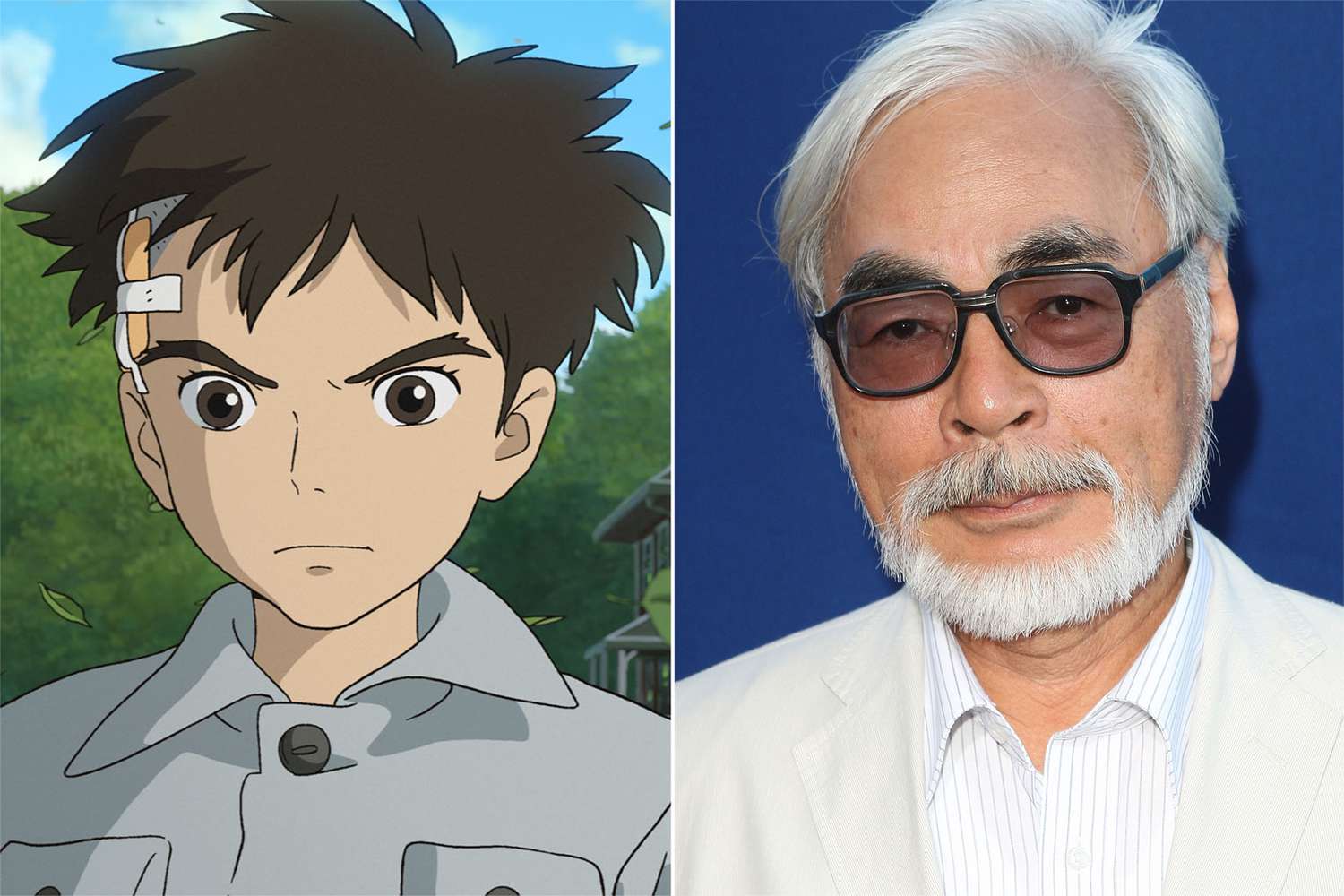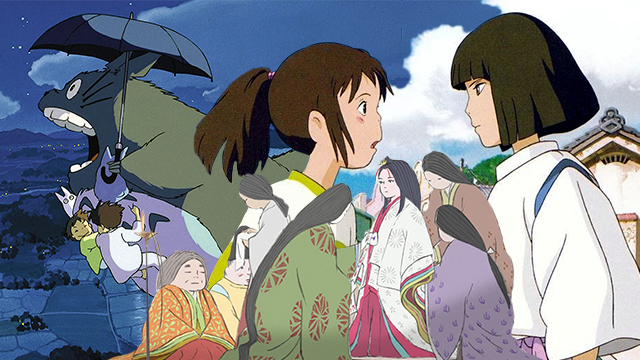Studio Ghibli has found itself at the center of a major controversy, but this time it’s not about one of its iconic films. Instead, the legendary studio has been dragged into the growing storm over AI-generated art. The situation took a sharp turn this week when rumors began circulating that Studio Ghibli had sent a cease and desist letter to Gib Studio, a platform that uses AI to create Ghibli-style artwork. However, the studio has now come forward to put those rumors to rest.
Following mounting speculation, Studio Ghibli issued a statement through NHK, a major Japanese news outlet, confirming that no legal threats have been made regarding the AI art situation. The statement was brief but direct, with Studio Ghibli making it clear that they have not sent any legal warnings to Gib Studio or any other AI-related platform. This revelation comes after a fake legal document made the rounds online, adding fuel to the already heated debate over AI and copyright in the art world.
Studio Ghibli Slams False Legal Threats Over AI Scandal
Just got this cease and desist from Studio Ghibli
AI creators deserve protection, not punishment. Expression is sacred. Imagination is not illegal
If I have to be a martyr to prove that, so be it.
I’m assembling a legal team
Firms who believe in this fight, reach out https://t.co/0leoJsCxBQ pic.twitter.com/3phuHZvIvM
— teej (@tj_littlejohn) March 27, 2025
The rumors began when a post on X (formerly Twitter) from a member of the Gib Studio team shared what appeared to be a cease and desist letter from Studio Ghibli. The letter claimed that Ghibli was demanding Gib Studio stop using AI to create art that mimicked the studio’s distinctive animation style. The post quickly went viral, with many fans believing that Ghibli was finally taking a stand against AI-generated art.
However, it didn’t take long for the cracks to show. Netizens soon noticed several inconsistencies with the letter. The document was supposedly sent by Sakura-Hoshino LLP, a law firm that doesn’t exist in Japan or the United States.

The listed email address was invalid, and the phone number contained the digits “555” — a common placeholder used in films and TV shows for fictional numbers. These red flags raised immediate suspicions about the document’s authenticity.
In response to growing confusion, Studio Ghibli made a rare public statement to NHK, saying, “There have in fact been no warnings issued.” This puts to rest the claims that Studio Ghibli has taken legal action against Gib Studio — at least for now. But the bigger issue of AI-generated art and copyright remains unresolved, leaving many wondering whether Ghibli will eventually step into the legal arena.
Could Studio Ghibli Take Legal Action Over AI-Generated Art?

Studio Ghibli’s silence on AI art so far has been notable, especially given director Hayao Miyazaki’s well-known disdain for the technology. Miyazaki has previously called AI an “insult to life,” making it clear that he sees artificial intelligence as a threat to the integrity of art. With OpenAI’s image generation tools now capable of producing art that closely resembles Ghibli’s signature style, the pressure on the studio to take action is mounting.
If it’s confirmed that OpenAI or other AI platforms have been trained on Ghibli’s copyrighted works without permission, the studio could have a strong legal case for copyright infringement. The use of protected intellectual property to train AI models is a legal gray area, but recent lawsuits from artists and other creative industries suggest that courts are beginning to take the issue seriously.
Studio Ghibli’s hesitation to pursue legal action may stem from the complexity of AI-related copyright law. Proving that AI-generated art directly infringes on Ghibli’s intellectual property could be difficult, especially if the training data is not publicly disclosed. However, the potential damage to the studio’s brand and artistic legacy could be motivation enough for Ghibli to explore legal options.

The stakes are high for Studio Ghibli. If AI-generated art continues to spread unchecked, it could diminish the value of the studio’s hand-drawn animation style — a hallmark of its identity. For now, Ghibli appears to be watching the situation closely, but fans and industry insiders alike are eager to see whether the studio will take a harder stance in the coming months.
With AI technology evolving rapidly and the legal around it still taking shape, Studio Ghibli finds itself at a crossroads. The studio’s legacy, built on decades of groundbreaking animation, now faces an existential threat from machine-generated art. Whether Ghibli chooses to fight back or remain on the sidelines, the outcome could set a precedent for how the anime and art industries handle AI’s growing influence.


















